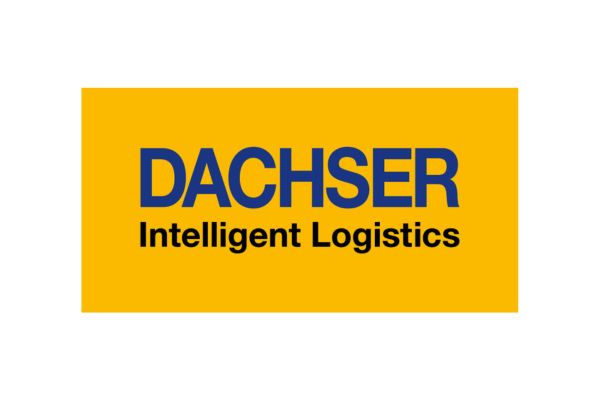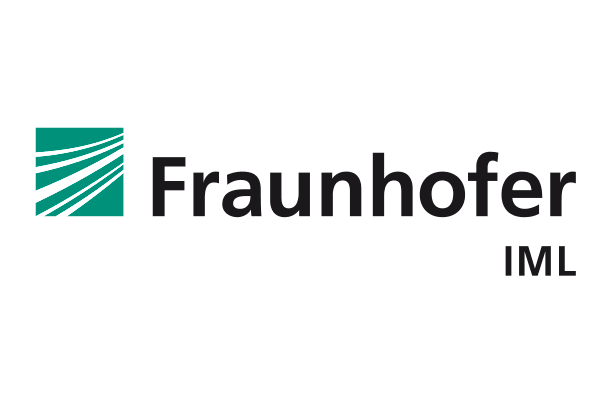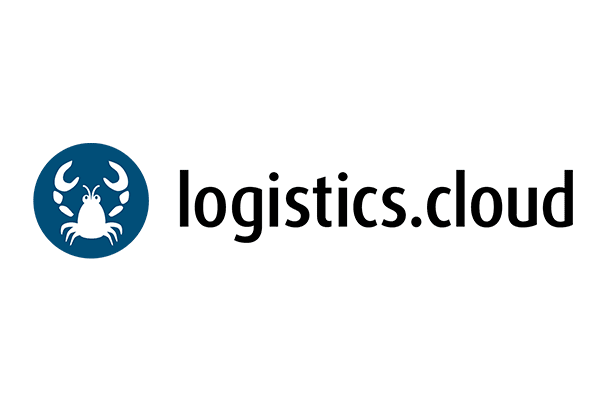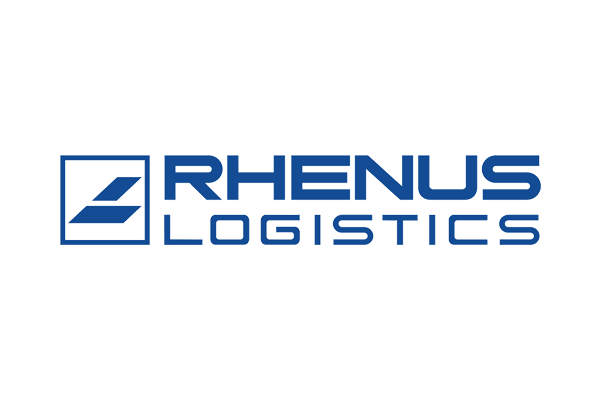Become a project member.
Participation in the project is open to members of the Open Logistics Foundation. If you are interested in collaborating with other companies, we would be happy to provide information about Foundation membership.
Use the code.
The results published from the project in the Open Logistics Repository are public and can be used freely and commercially by any company.






